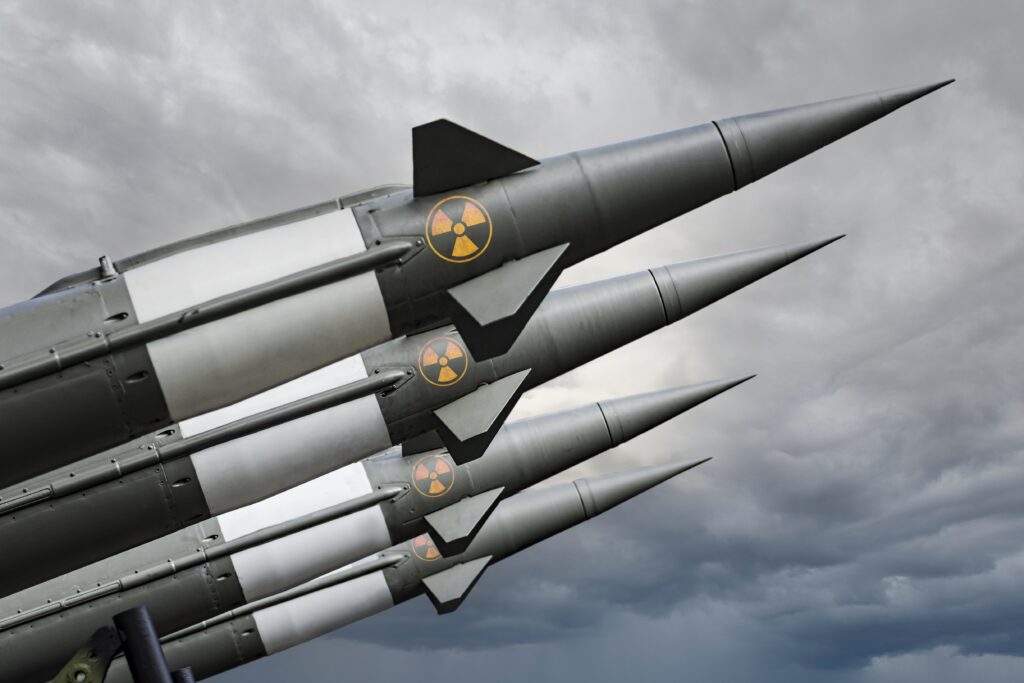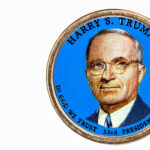On May 24, 2002, the United States and Russia signed a significant arms control agreement, known as the Strategic Offensive Reductions Treaty (SORT), also referred to as the Moscow Treaty. This landmark pact was an effort to drastically reduce the nuclear arsenals maintained by both nations.
The treaty was signed by U.S. President George W. Bush and Russian President Vladimir Putin, reflecting a mutual commitment to nuclear disarmament amidst the changing global security landscape. The agreement was an extension of ongoing disarmament efforts, following on from previous accords such as the Strategic Arms Reduction Treaty (START).
Under the terms of the Moscow Treaty, both nations agreed to reduce their deployed strategic nuclear warheads to between 1,700 and 2,200 over the a decade. This represented a considerable decrease from the levels of the Cold War era, promoting strategic stability and moving the world away from the threat of nuclear confrontation.
Despite these concerns, the signing of the Moscow Treaty marked a milestone in the pursuit of nuclear disarmament. It represented a shared understanding between two former adversaries that cooperative security measures and arms reductions were beneficial to their own national security, global stability, and the broader goal of a nuclear weapons-free world.
References:




